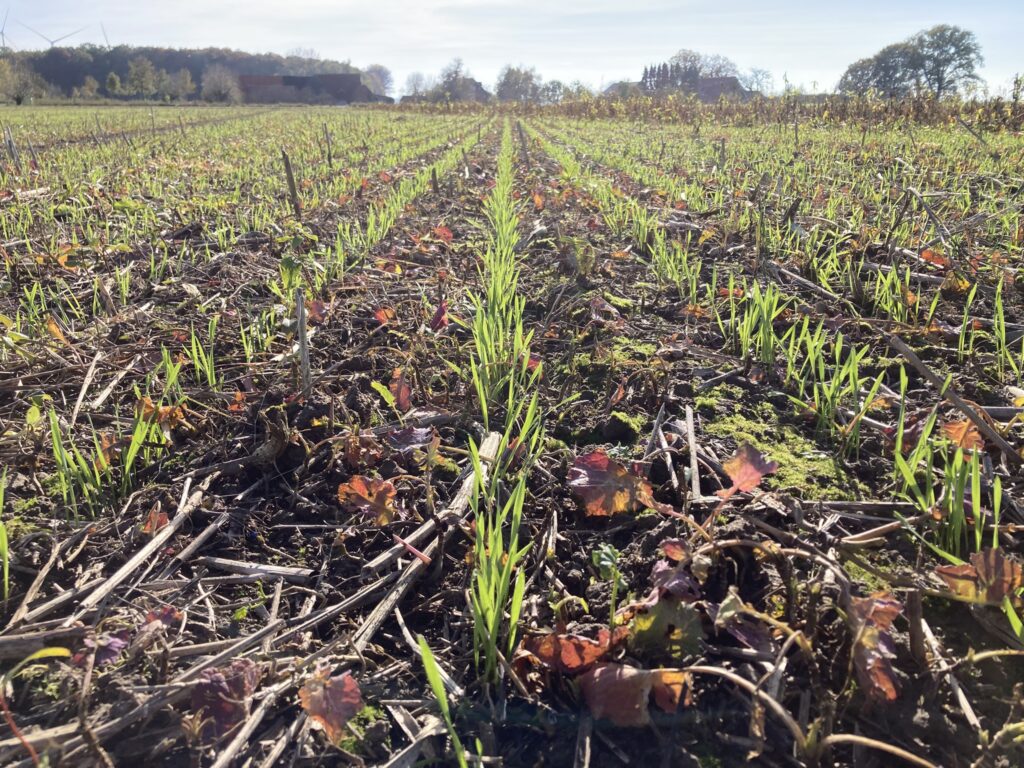University of Gloucestershire embarks on £12.3m project to uncover what really works in regenerative and conservation agriculture
Researchers from University of Gloucestershire will play a key role in the new £12.3 million project to discover how regenerative and conservation agriculture (closely aligned systems that boost agricultural productivity and resilience by prioritising soil health) could help reverse the alarming degradation of soils.
Working hand-in-hand with farmers, the EU-funded TRAILS4SOIL project will provide hard evidence from 100 sites across nine European countries on regenerative and conservation agriculture’s impacts – not only on soil health, but also on crop yield, farm income and farmer wellbeing.
University of Gloucestershire is one of 22 research and agricultural organisations from across Europe working on the project. Playing a central role, the University will work with farmers and identify other stakeholders to work with, drawing on their experience, expertise and perspectives to safeguard the future of farms in Europe.
Over the next five years, TRAILS4SOIL project members will work collaboratively to evaluate the impacts of regenerative and conservation agricultural methods on soil health and crop yield, as well as farmer income, farmer wellbeing, and the environment.
Dr Jane Mills, Associate Professor in Agri-Environment Behaviours at University of Gloucestershire’s Countryside and Community Research Institute, said: “Farmers are struggling with the pressure to produce huge volumes of low-cost food, and now climate change is making their jobs even harder. Regenerative and conservation agriculture holds huge promise in helping defy these pressures.
“By working directly with farmers, TRAILS4SOIL will benefit from their knowledge of local conditions. This means we can help other farmers understand which solutions are most likely to work best on their land.”
According to European Environment Agency figures, over 60% of soils in Europe are degraded – meaning they are eroded, compacted, contaminated and/or drained of nutrients and moisture, harming crop yields, income and biodiversity. The project comes in response to surging interest in the potential of regenerative and conservation agriculture to undo this damage.

Project Coordinator Professor Emilio Gonzales-Sanchez, from the University of Cordoba, commented: “Society has overlooked soil’s needs for too long and we’re now experiencing the harmful repercussions of that. Soil erosion alone costs the EU economy up to €38 billion every year in reduced agricultural productivity and infrastructural damage.
“We will share our data from 100 sites with policymakers, farmers and land managers, giving them reliable information on regenerative and conservation agriculture. Ultimately, we want to help transform European agriculture for the benefit of all society and the environment.”
The project team met in Cordoba, Spain on 16 September to kickstart the work towards securing a sustainable future for farming in Europe.

; ?>)